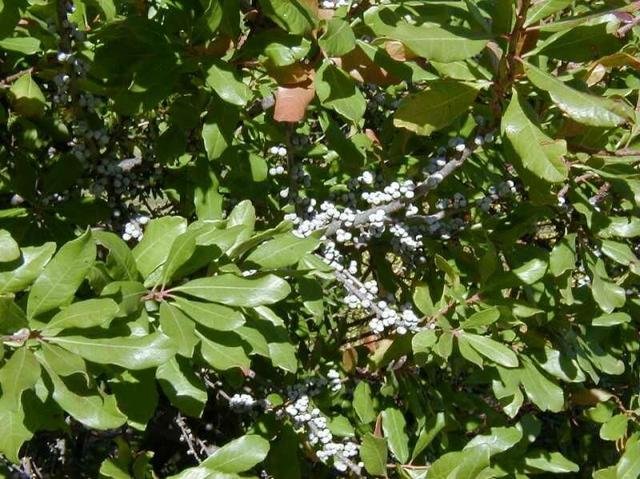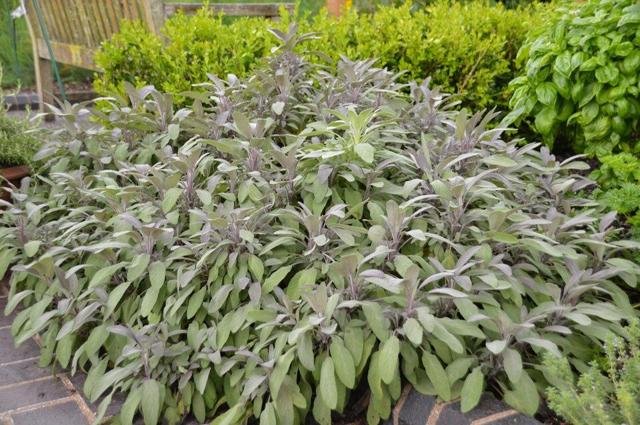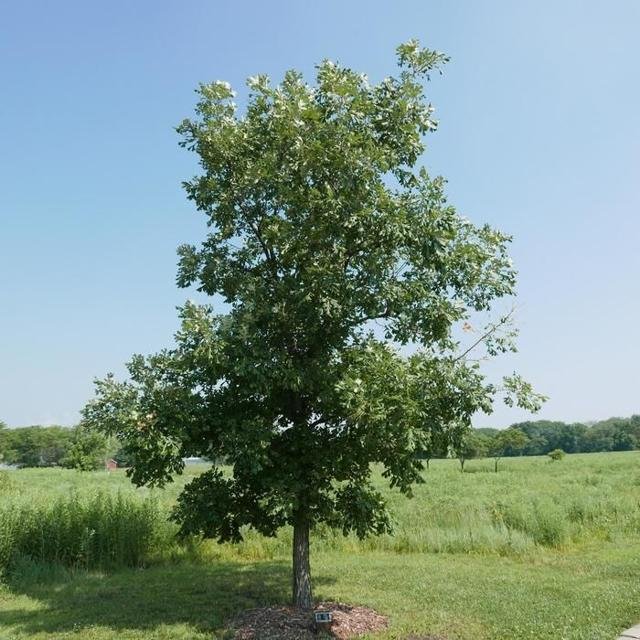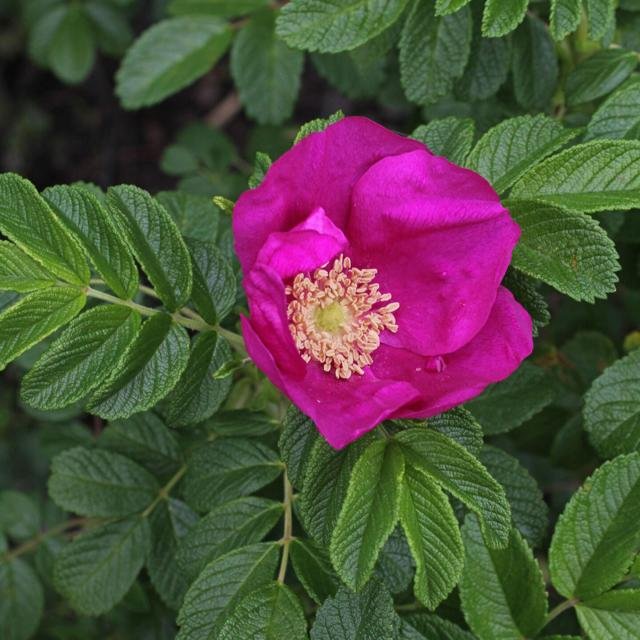Arbor Day tree and shrub distribution set for April 13
By Bonnie Orr
WSU Chelan/Douglas County Master Gardener

It is spring, the perfect time to plant trees and shrubs. The Greater Wenatchee Arbor Day Association has selected trees and shrubs that will thrive in this area and will offer them to the public for a small donation on April 13.
Distribution is from 10 a.m. to 2 p.m. at Pybus Public Market in Wenatchee, and from 9 a.m. to noon at East Wenatchee City Hall, Entiat City Hall and Martin’s Market in Cashmere.
There is a suggested donation of $5 per tree or shrub.
The plants are drought and heat resistant, and attract pollinators and wildlife. The plants need to be irrigated moderately for the first couple of years until the root systems are established. They need to be planted in full sun to thrive.
When planting these seedlings, be sure not to amend the soil. It best that the plant grows in the native soil on your property.
Here’s a list of trees and shrubs available during the local Arbor Day distribution:
Northern bayberry

Bayberry, Myrica pensylvanica, is a semi-evergreen shrub native to the east coast of North America. This fast-growing shrub can reach 5-6 feet in height with a mounded irregular shape and upright branching habit. The foliage is dark green, leathery, and very aromatic when crushed. During harsh winters, leaves may turn bronze or tan and fall, but in mild winters can remain green. Female plants produce small, gray-blue, waxy berries. Bayberry is a very tough shrub, tolerating a variety of soils, including swampy, dry, acidic, alkaline and saline. It prefers full sun but will tolerate partial shade. It responds well to pruning and can be shaped into a hedge or topiary.
Purple sage

Purple sage, Salvia leucophylla, is commonly referred to as desert sage or Dorr sage. The leaves are aromatic and purple in early spring. Purple sage is drought tolerant and resistant to grazing. It grows in full sun. This shrub can be used for rangeland reclamation as well as an ornamental. It maintains a rounded shape without pruning. Its flowers bloom in early summer and are light blue to purple. Its maximum size is 3 feet high and 2 feet wide. The fragrant flowers attract butterflies, bees and other pollinators.
Pinyon pine

Pinyon pine or Two-Needle Pinyon, Pinus edulis, is a slow-growing, long-lived tree. It is extremely drought tolerant, and has adapted to a wide range of soils, moisture conditions and temperatures. Irrigation should be regular, but sparse. Pinyon Pine is perhaps known best for its “pine nuts” that the tree starts to produce around the age of 25. Pinyon Pines are also popular as Christmas trees because of their bluish color and aromatic needles. The maximum height is 30 feet, and it is a bushy shrub about 20 feet wide. The pine nuts are eaten by wildlife and birds.
Bur-gambel Oak

Bur-gambel Oak, Quercus macrocarpa x gambelii, is a hardy, deciduous tree. It is a fast-growing tree about 40 feet high and 25 feet wide at maturity. It is planted as a shade tree. It is heat and drought tolerant and has an extensive root system. The large acorns are eaten by wildlife. The tree turns golden in fall when the acorns are ripe.
Rugosa rose

Rugosa rose, Rosa rugosa, aka beach rose, is a fast growing, vigorous drought-tolerant plant. It has spiny stems that produce a profusion of extremely fragrant blooms. When dry, the petals retain their fragrance. This deciduous plant turns gold in the fall. During winter, it is covered with red rose hips until the birds eat them all. Deer are not attracted to this plant. It can be grown as a hedge and attracts numerous pollinators, including bumble bees. Rugosa is about 6 feet tall and 6 feet wide.
A WSU Chelan and Douglas County Master Gardener column appears weekly in The Wenatchee World. To learn more, visit bit.ly/MGchelandouglas or call (509) 667-6540.
